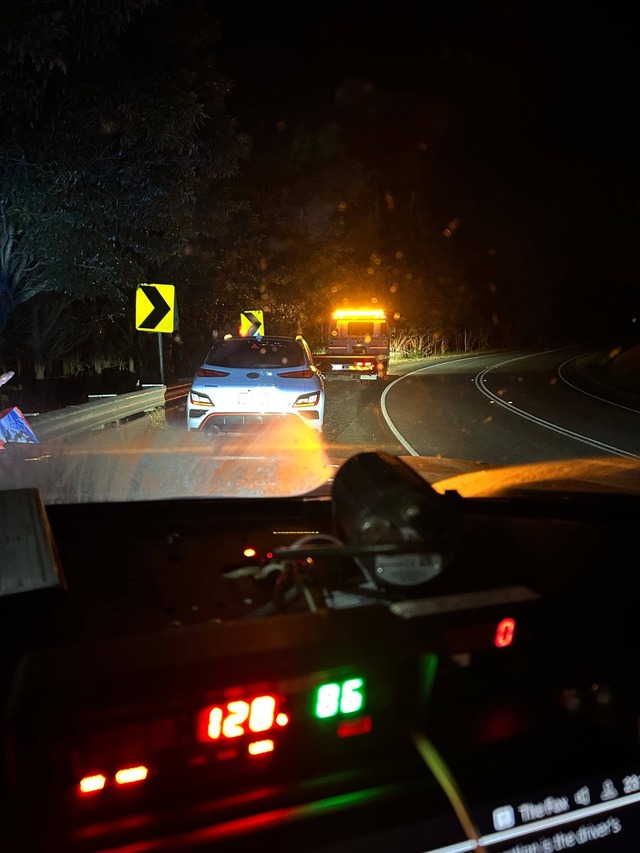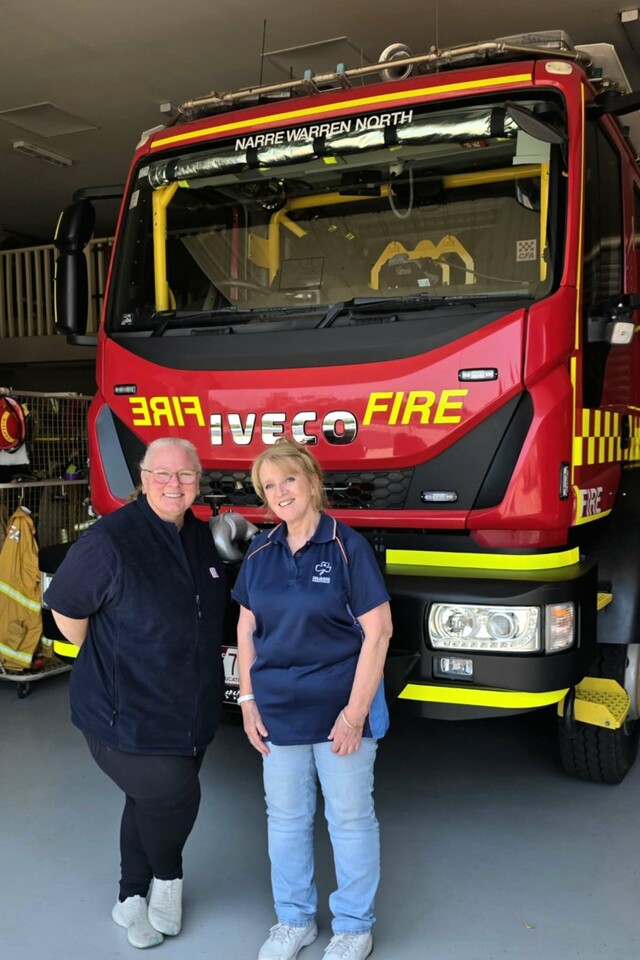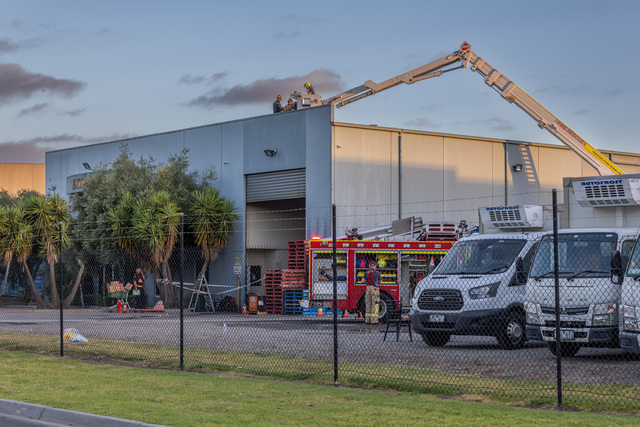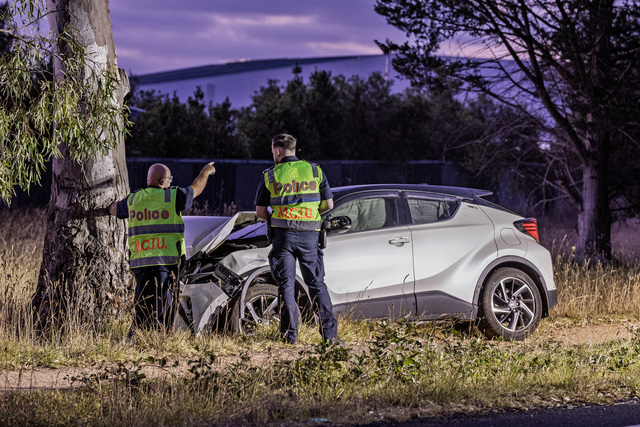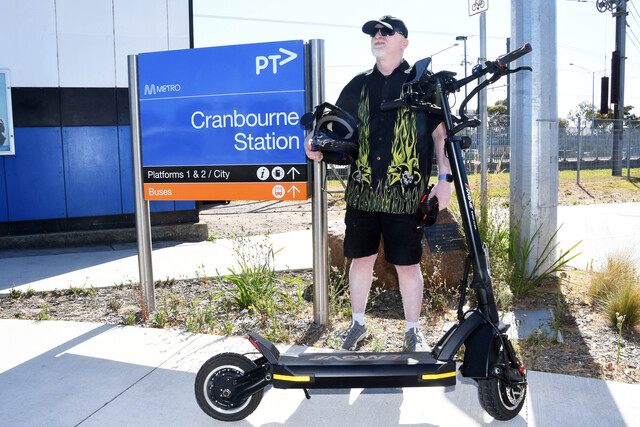With 385 collisions causing injury and a further 18 causing death in the last two years, the City of Casey is among neighbouring LGAs that recorded the most collisions involving impaired drivers carrying passengers.
This comes as Victoria Police looks to make drug and alcohol-affected drivers a major focus over the Easter weekend and Anzac Day periods.
These new police figures also revealed a trend, where, alongside Casey, Cardinia and Greater Dandenong recorded the most collisions with impaired drivers carrying passengers.
Passengers are being urged to call out the behaviour and refure tog et into a vehicle when the driver is impaired, with major road policing operation, Major Compass, beginning tomorrow on Thursday 17 April.
Road policing assistant commissioner, Glenn Weir, said that “the data we’ve analysed has revealed some concerning trends, but the fact is all 403 of these collisions were completely avoidable”.
“These drivers haven’t just made an incredibly poor choice by getting behind the wheel impaired, they’ve selfishly chosen to put the lives of their passengers at risk.”
The Bendigo/Campaspe/Macedon Ranges/Goldfields area, the Geelong/Surf Coast area, the Ballarat/Moorabool area, and the Banyule-Nillumbik/Darebin/Whittlesea area followed after the local LGA trio in recording the highest collisions over the two years.
The consecutive long weekends this year will see police launch an extended 10-day statewide blitz, with every available resource to be deployed until the conclusion of the Anzac Day long weekend.
Police data has revealed a total of 989 people were impacted by collisions in 2023 and 2024 where the driver was impaired and carrying passengers in the vehicle, with 403 drivers and their 586 passengers.
Police are reminding motorists to expect to be intercepted and tested, with their anywhere, anytime enforcement approach in full effect over the course of the operation.
Commissioner Weir said that they want to highlight that there were “hundreds of opportunities” for passengers in those collisions to “speak up and put a stop to this behaviour in the first place”.
“The worst thing you can do as a passenger is to be a bystander and think that safety is not your responsibility.
“Passengers have the power to be influencers on your roads, so if someone you know if thinking of getting behind the wheel drunk or on drugs, the best thing you can do is call it out – before it’s too late,” he said.
Young drivers aged 18 – 24 made up the largest number of impaired drivers carrying passengers, with over 32 per cent, followed by those aged 30 – 39 making up a further 20 per cent.
More than 30 per cent of passengers in collisions where the driver was impaired were also aged 18 – 24.
Concerningly, almost a quarter of passengers in collisions where the driver was impaired were aged 17 and under.
Males made up 73 per cent of impaired drivers, while passengers were more evenly split, with 42 per cent female and 57 per cent male.
“With young drivers and their passengers so heavily overrepresented in these collisions, it’s clear that driving inexperience and impairment is a recipe for disaster,” Weir said.
“Young people need to be aware of the dangers of drink and drug driving – most importantly, never let your friends drive impaired, and never get in a car with a driver that is affected by alcohol or drugs.
“While preventing this behaviour is always our preference, we won’t hesitate to enforce the rules in order to keep our roads safe.”
Of the 403 impaired drivers, 46 per cent were drink driving, 43 per cent were drug driving, and 11 per cent were impaired by both alcohol and drugs.
Over last year’s Easter and ANZAC Day holiday period, police conducted over 246,000 preliminary breath tests and over 5,000 roadside drug tests, with 399 drink drivers and 280 drug drivers caught.
In addition to impairment, speed, fatigue, distraction, and seatbelt compliance will be in the sights of police during the operation.
“Motorists can expect to see a major police presence across the state’s roads during the high-risk Easter and Anzac Day period, and they should expect to be tested anywhere, anytime,” Weir said.
“At the end of the day, we just want everyone to make it home safely to their families this Easter, and we’ll be doing everything we can to ensure that happens.”
There will also be a focus on major arterials heading to holiday hotspots and regional areas, with lives lost on regional roads accounting for more than half of this year’s fatalities.
Operation Compass commences at 0001 hours on Thursday, 17 April, and concludes at 2359 hours on Sunday, 27 April.



